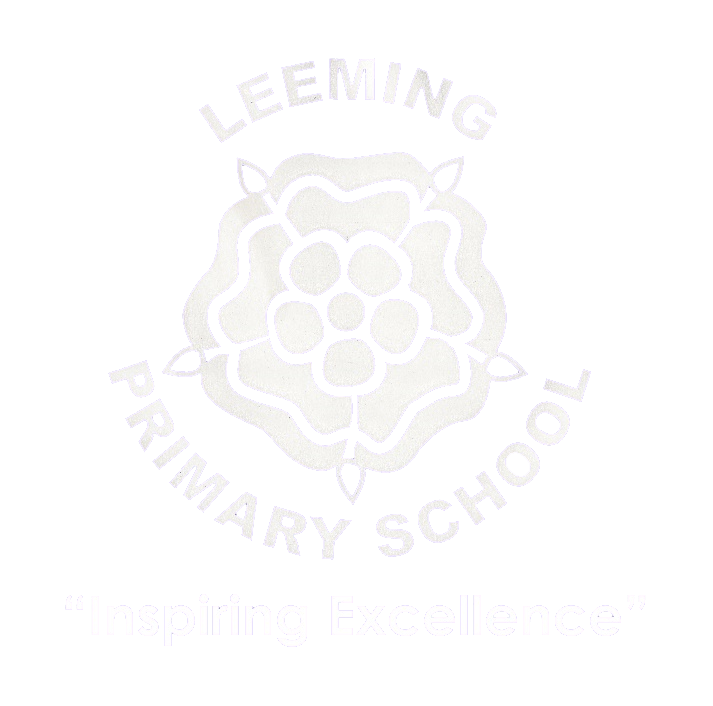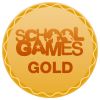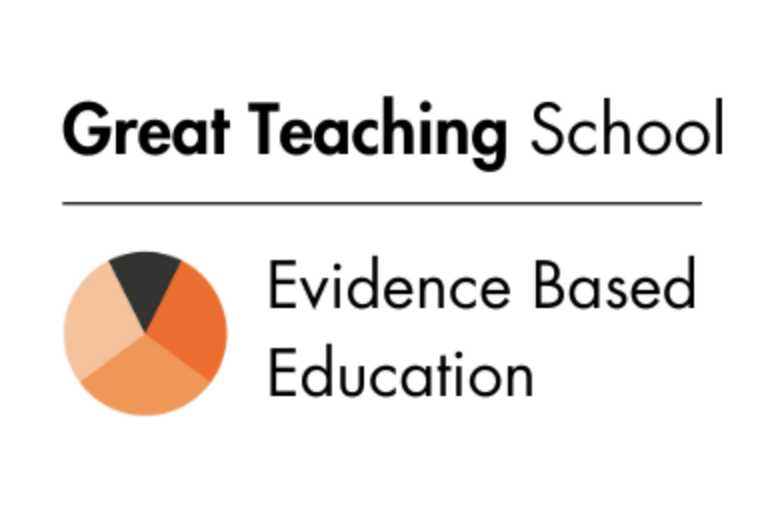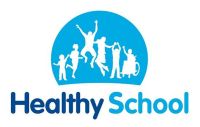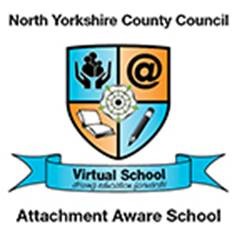Maths
"Mathematics is not a language, it's an adventure."
- Paul Lockhart
Curriculum Design
Please see below for information about the design, rationale and priorities of our Maths curriculum.
Progression Framework
We use the White Rose scheme to sequence learning in Maths. This is supplemented by Mastering Number in EYFS and KS1. Please see below for a detailed overview of learning throughout the school.
We supplement the White Rose scheme with the NCETM Mastering Number Programme in EYFS and KS1. The overviews of this can be found below.
Mastering Number Progression - EYFS
Mastering Number Progression - Y1
Mastering Number Progression - Y2
Further details about Maths in EYFS can be found in the Maths section of our EYFS curriculum plan.
Parents' Information
Maths can be a difficult subject to know where to start with; approaches to teaching maths have changed over the years.
To help parents, we have sourced some really useful documents which details the ways in which we teach calculations. We hope this is helpful!
Addition and Subtraction - Guidance
Multiplication and Division - Guidance
Multiplication Tables Check
Guidance for parents on Y4 MTC.
Maths - Top tips for Parents
- Be positive about maths. Don't say things like "I can’t do maths" or "I hated maths at school; your child might start to think like that themselves.
- Point out the maths in everyday life. Include your child in activities involving maths such as using money, cooking, telling the time and travelling.
- Praise your child for effort rather than talent - this shows them that by working hard they can always improve.
- Quick recall - Help them to learn their tables and have quick recall ofall tables up to 12 x 12 (by the end of Y4) and related division problems – e.g. how many 6s in 42?
- Practise number bonds – e.g. pairs of numbers that make 10,20, what do you add to 45 to get 100?
- Solving puzzles - Encourage children to get involved in applying their skills - e.g. Suduko, Logic puzzles, games of strategy. Puzzles can be found on the NRICH website www.nrich.org
- Use technology - online resources and games that the children can access independently e.g. Sumdog/Purple mash
- Homework - Encourage independence when completing homework– send it back with a note if any problems – it shouldn’t be a battle!
We have put together a really useful document detailing some of the best apps and websites for you to use to support your children with Maths
Supporting Your Child with Maths at Home
There are also a couple of websites below containing useful resources for families; there's loads out there, so please email the office who will direct you to our Maths lead to find out more.
